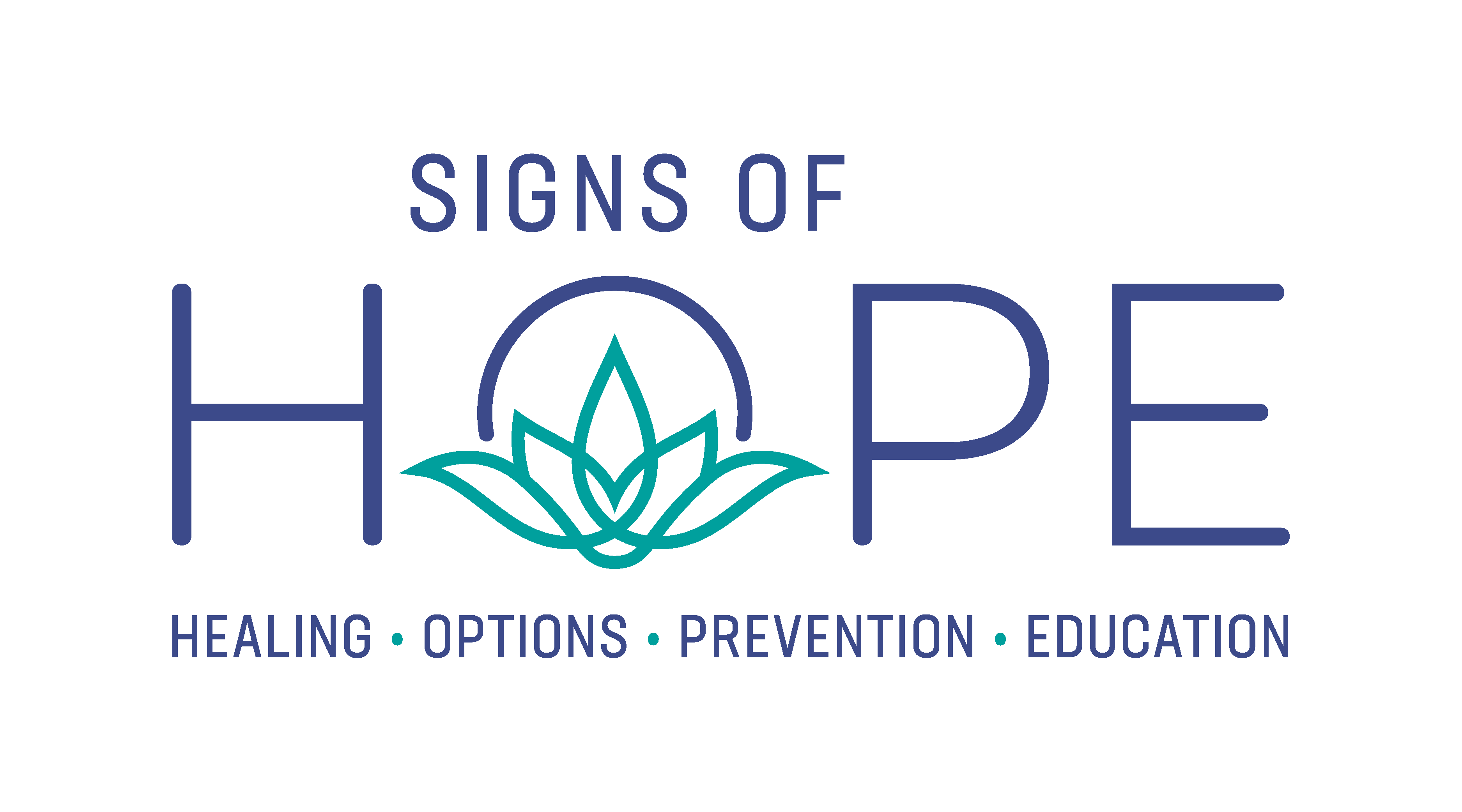One of the most insidious forms of racial oppression is medical racism which, combined with medical sexism, causes especially devastating harm to Black women and children.
Black women are 3 times more likely to die from pregnancy-related complications than white women. The majority of the deaths, 2 in 3, are preventable, and all of the causes of these disparities can be traced back to structural racism. A general lack of access to medical care means that Black mothers are much more likely to receive prenatal care late in their pregnancy or not at all. Black women are less likely to receive quality healthcare overall, so by the time they become pregnant they are more likely to already have an underlying condition, such as high blood pressure, which increases risk during pregnancy. Implicit biases mean that obstetricians may spend less time with their Black patients, take their concerns less seriously, fail to educate them about important warning signs, and fail to effectively coordinate care with other providers.
Even as infant mortality in the US has gone down, Black babies continue to die at twice the rate as white babies. Black babies are 3 times more likely to die of complications specifically related to low birth weight. Importantly, these disparities persist even when studies control for parental education and household income, suggesting that racial bias among providers has disproportionate impact on maternal and child mortality rates relative to other factors.
These stats are already well-known in the medical community, but implicit bias is notoriously difficult to mitigate. So how do we actually improve maternal and child health outcomes for Black women and their families?
Reproductive Equity Health Researcher and University of Minnesota School of Public Health Professor, Rachel Hardeman, conducted a review of nearly 2 million Florida hospital births in 2021. She found that when Black babies are cared for after birth by Black doctors, their mortality rate was cut in half. Hardeman and her colleagues caution that the finding is just an association, not a causation, and that more research is needed in order to fully understand why the outcomes were so different:
Key open questions include the following: 1) whether physician race proxies for differences in physician practice behavior, 2) if so, which practices, and 3) what actions can be taken by policymakers, administrators, and physicians to ensure that all newborns receive optimal care.
So, we know that more in-depth research is needed to identify specific behaviors by doctors that impact maternal and child health outcomes in order to set standards of care which can actually be monitored and enforced. Recommendations by the Centers for Disease Control to address maternal/child health disparities echo the work of Hardeman et al. The CDC recommends that hospitals and healthcare systems identify and address implicit bias in providers and standardize the coordination of care. The CDC also recommends that local governments commit to reviewing the causes of every case of maternal death (a practice which very successfully reduced maternal death rates in the UK).
Seeing a significant change in how Black women and their newborn babies are cared for requires advocating at the local, state, and federal level to ensure that healthcare providers are being held accountable to clear standards of care.



